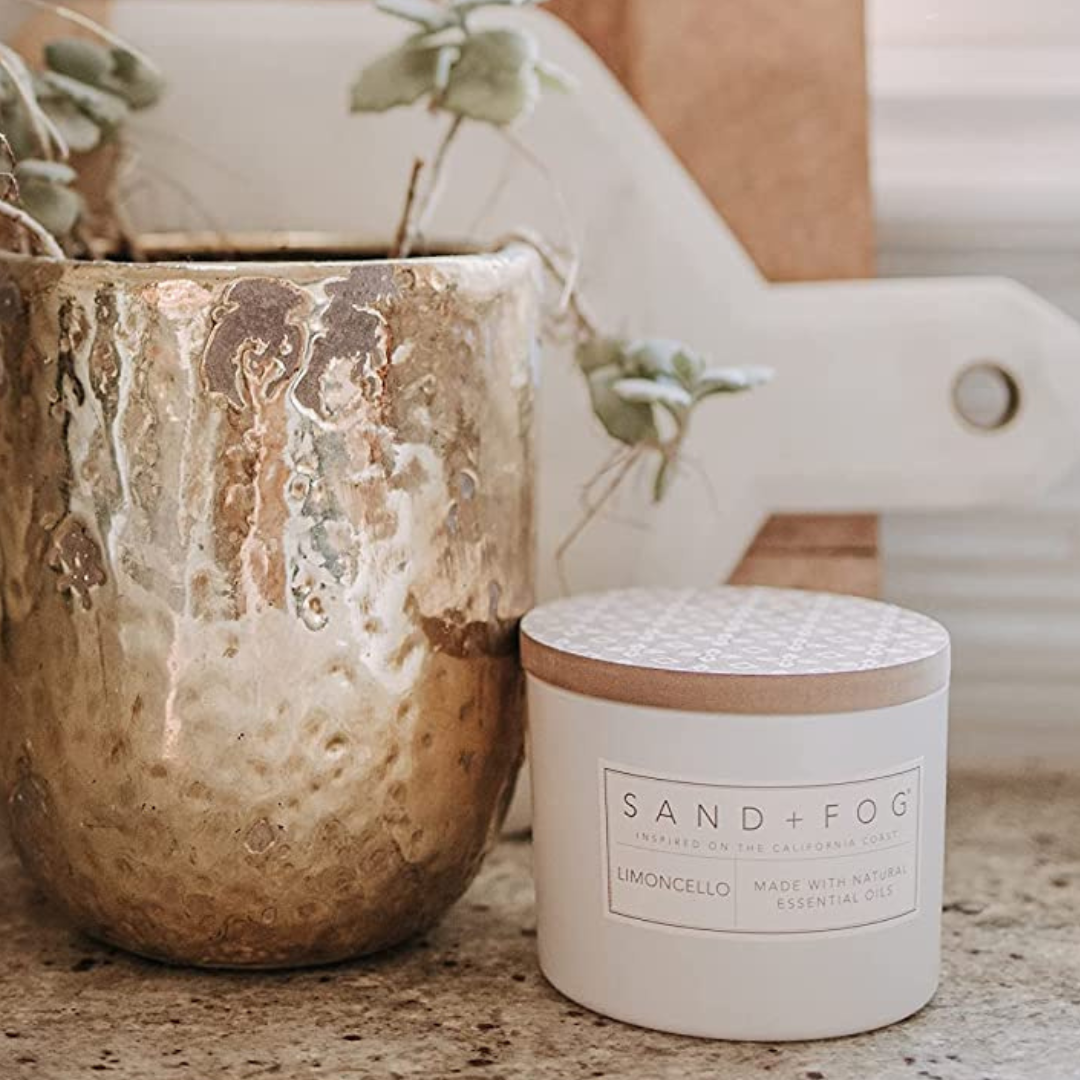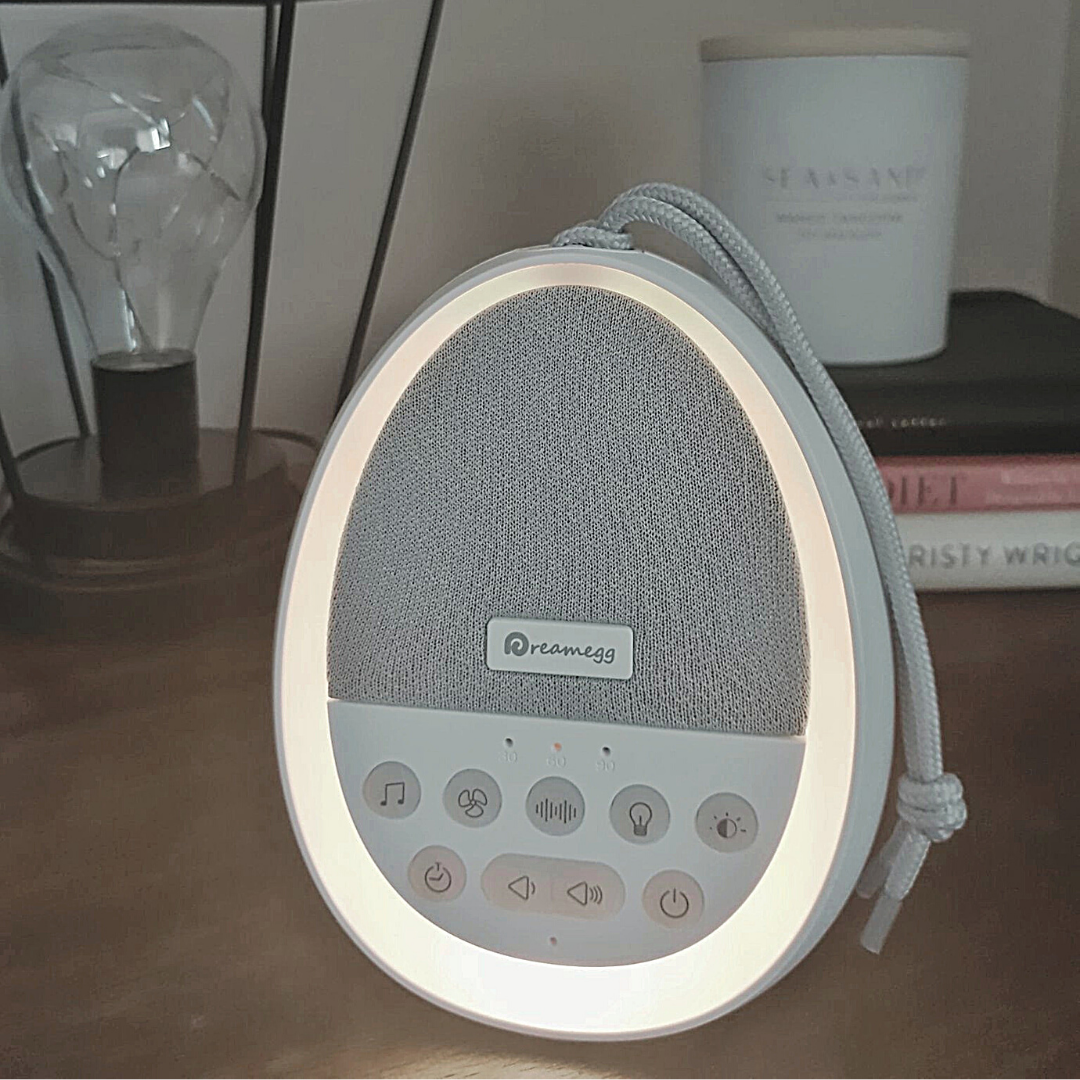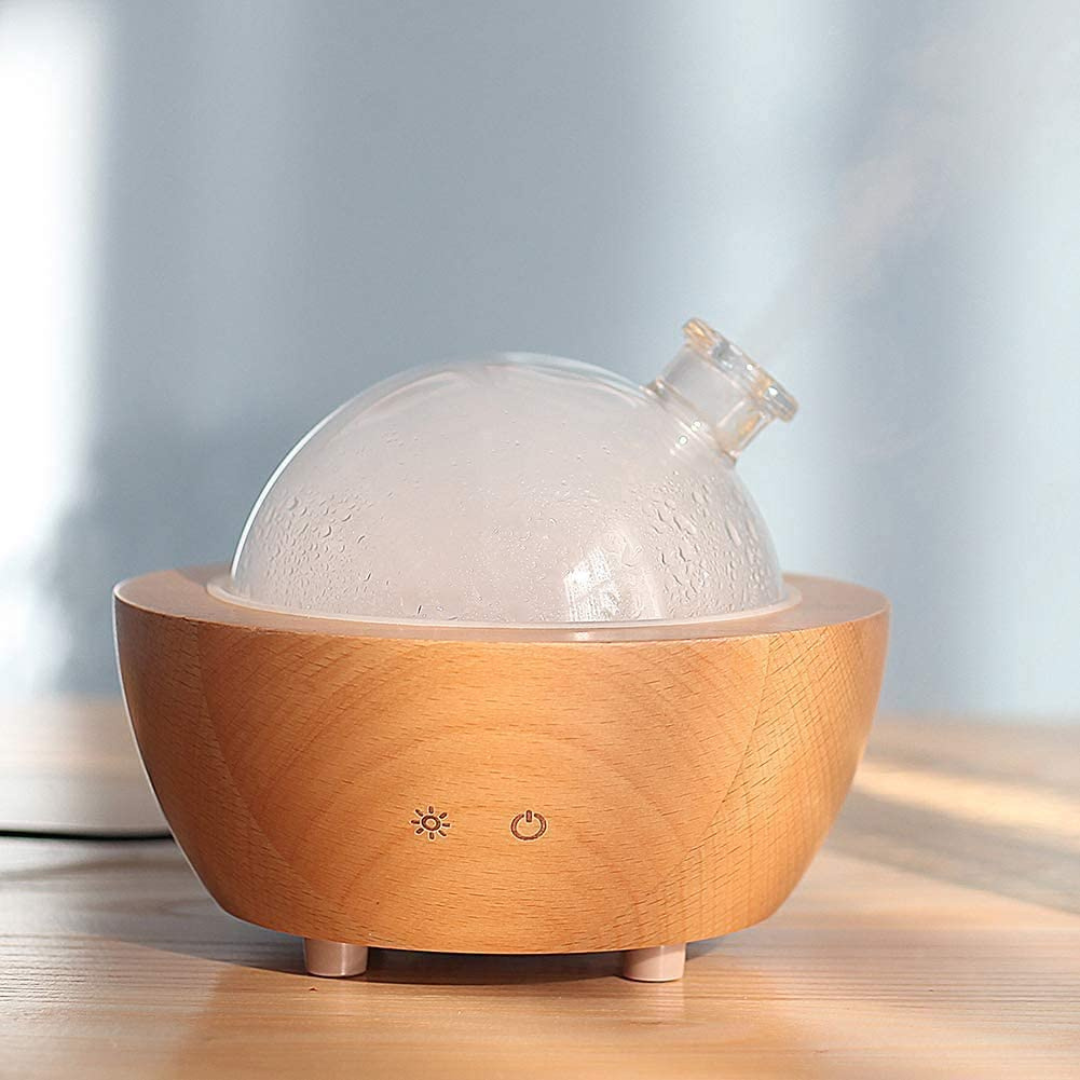|
|Most of us think of massage as a therapy for the body, not the mind. We know that massage can be very good for sore, tight muscles or for sports injuries, but could it also have benefits for your mental well-being too?
Massage therapy is being recognized more and more as a way to alleviate the symptoms of depression and anxiety, alleviate sleep problems, and promote overall well-being and relaxation.
Please note: This article does not contain healthcare or therapeutic advice. If you are concerned about your health or well-being, speak with a health professional or visit your nearest medical facility in an emergency. This is a collaborative article. MENTAL HEALTH RESOURCE VAULTGreat!Check your email for instructions on how to access the Members Only Resource Vault. Can Massage Help Your Mental Health?
Stress brought on by the pressure of everyday life can affect the connection between our minds and our bodies. The tension caused by stress, fatigue, or anxiety left to build can cause muscle pain, headaches, cramps, inflammation, or joint pain. Massage therapy can be used to help alleviate these uncomfortable symptoms.
A good massage will relax your body and deep tissue, and the slow, steady pace of massage therapy can be very relaxing. Choose a massage that concentrates on releasing tension and allow your mind to switch off while you’re being massaged. Massage therapists will be happy for you to be silent or even fall asleep if you’re relaxed enough. Treating yourself to a massage is an act of self-care, which is very important. It can help you to discover what deep relaxation feels like. Many people find that relaxation from a massage helps them to find balance. Agitated feelings are calmed, lethargy is lifted, and stressed people can be helped to feel more grounded. A good massage can help you to feel cared for and more positive about your body. For those who lack physical touch in their daily lives, such as those who live alone, a massage can be a very affirming experience. Similarly, a rejuvenating facial treatment can give you a boost of confidence for your skin and within yourself. Simply search for facial near me in Cherry Hill, NJ to find an invigorating and affordable option. If you find it hard to talk about yourself, the bodywork of massage gives you a different tool to explore how you feel. On a physical level, massage promotes the circulation of blood of lymph through the body. It aids your digestion, and alleviates muscle tension. Symptoms of anxiety, such as a tight chest or palpitations, can be soothed by massage. A massage is also a great tool when traditional medicine isn’t helping, such as with headaches, back pain, and other chronic pain symptoms. Shiatsu and Thai massage are particularly effective for loosening stiff joints, like the shoulders and hips.
Relaxing Your Muscles
During massage therapy, your muscles will be able to release tension, especially from problem areas like the neck, shoulders, and back. As your muscles relax, your blood circulation will improve, relieving muscle soreness and stiffness. Massage can also relieve tension headaches, improve muscle tone, boost your immune system, and even lower your blood pressure. Relaxing Your Mind Relaxed muscles don’t only benefit your body. They can benefit your mind too. Regular massage therapy can:
Taking the time for yourself to relax is very beneficial for your mental health, whether you have a serious mental health condition or are just having a stressful week at work. Anyone can benefit from massage to help them relax and recharge. When To Expect Benefits Massage therapy should be tailored to your needs, to bring you into a more relaxed and tranquil state. You should feel some of these benefits immediately during and after your treatment, as massage can be both calming and stimulating. You may find you sleep better the night after treatment too. After a massage, when toxins are leaving your system, you might experience some mild flu-like symptoms. This is a healing reaction and won’t last long. Drink plenty of water after a massage to help alleviate these symptoms and clear your system faster. Massage therapy has longer-term benefits too. If you have regular treatments, you may find that you become more aware of your body and what it needs. You might find you are better able to recognize the symptoms of stress and to find better ways to cope with it. Regular massage can also help to build up your self-esteem as you begin to accept that you deserve to do something nice for yourself. A good massage therapist will also be able to suggest exercises you can do yourself to improve your posture or to relieve back pain. How Often Should You Have A Massage? How often you should get a massage will depend on your personal circumstances, health, and finances. A one-off or occasional massage can be helpful and can encourage you to explore other ways to build the mind-body connection, such as yoga or tai-chi. If you can afford it, a massage once a month is ideal. Is Massage Always Helpful? If you generally in good health, then massage is a good way to maintain that, both for your physical and mental health. If you are unwell, that massage could help, or it could not be a good idea. If you recognize that you are ill, whether physical or mental, you could turn to massage as part of your treatment if you know that it has helped you before. However, for serious mental distress, such as feelings of wanting to self-harm or suicidal thoughts, you should seek other forms of support alongside or instead of massage. If you are physically ill, make sure a massage won’t further irritate the problem. If you have bruises, sprains, or a fracture, tell your massage therapist so they can avoid the area. If in doubt, speak to your massage therapist or your GP to see if massage would help or hurt the problem you are experiencing. Massage can be a useful tool as part of your self-care, but it should not be used in the place of proper medical care. Instead, it should be complementary to any treatment that your GP prescribes for you. Always tell your massage therapist about any health concerns that you have, so they can tailor your treatment to help and not hinder your recovery.
Related Posts:
The links in this article may be affiliate links that I will be compensated for at no additional cost to you. Want to start your own blog? Click here to learn how!
0 Comments
Your comment will be posted after it is approved.
Leave a Reply. |
Welcome to the blog!↓ That's me, Heather. :)
MENTAL HEALTH RESOURCE VAULTGreat!Check your email for instructions on how to access the Mental Health Resource Vault. Categories
All
Popular Posts// 25 Positive Mindset Quotes
// Self-Care Bullet Journal Spreads // 7 Ways Your Physical Health is Connected to Your Mental Health |
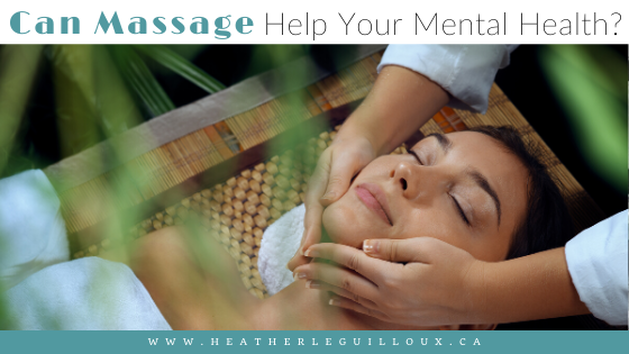

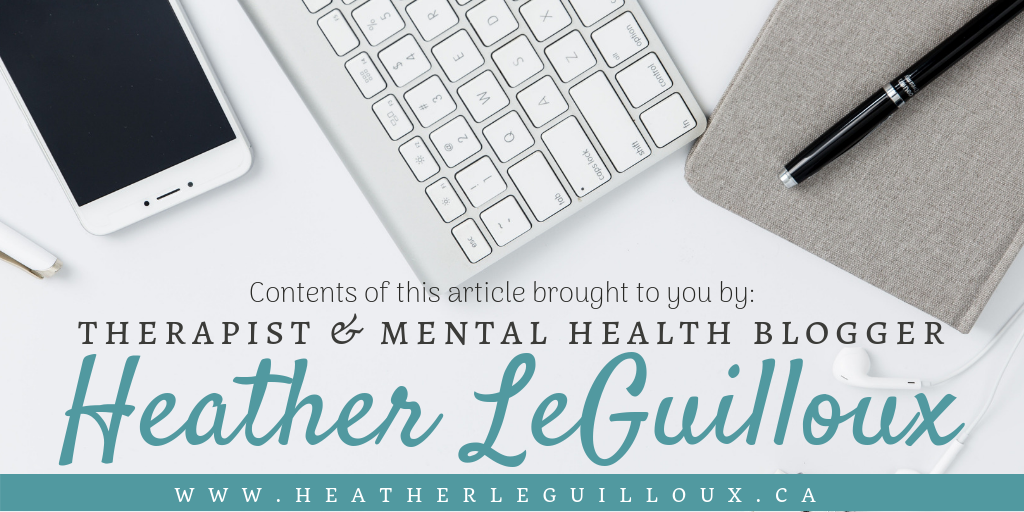

 RSS Feed
RSS Feed







